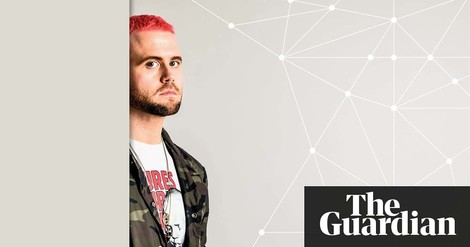Your podcast discovery platform
Curious minds select the most fascinating podcasts from around the world. Discover hand-piqd audio recommendations on your favorite topics.

piqer for: Global finds Technology and society
Prague-based media development worker from Poland with a journalistic background. Previously worked on digital issues in Brussels. Piqs about digital issues, digital rights, data protection, new trends in journalism and anything else that grabs my attention.
Meet Cambridge Analytica Whistleblower (Video)
The New York Times and The Guardian's Observer revealed how data analytics firm Cambridge Analytica has been harvesting private information from millions of Facebook users without their permission, something that its CEO Alexander Nix repeatedly denied, last time during a hearing at the UK Parliament. The data collected helped to develop political microtargeting techniques used to aid President Donald Trump's campaign in 2016. The published articles also weave in some Russian links and show Facebook's lack of protection in the process.
Dubbed as "The Cambridge Analytica Files," the information revealed is based on the company's e-mails, documents and the accounts of former employees and contractors. One of the key whistleblowers is the former research director at Cambridge Analytica. Admitting regret over his involvement, "now, 28-year-old Christopher Wylie goes on the record to discuss his role in hijacking the profiles of millions of Facebook users in order to target the US electorate," as The Guardian puts it.
The Guardian's deeper look into Wylie's story centres on a fundamental question that we often face: why do we do what we do? As I watched the video and read the article, I kept on wondering why this queer guy with pink hair and a PhD in fashion forecasting as well as an interest in intersectional feminist theory would do anything to aide Steve Bannon or anyone else trying to subvert elections.
At the end of the video, the interviewer asks Wylie who he trusts. "I go through life with a healthy dose of scepticism and I think that (...) is the best way to go through life," he answers. It makes me wonder where this scepticism was when he worked for Cambridge Analytica. But is Wylie the only one behaving in a seemingly illogical way?
Who would have thought, but apparently Hello Kitty likes indicate political views and liking Sephora points to intelligence. All I am saying is that not everything makes sense at a first glance.
